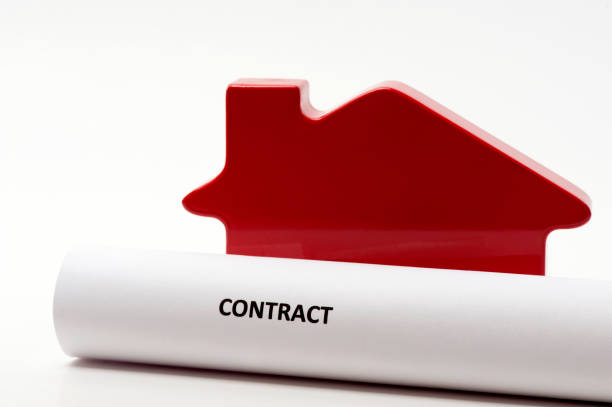Bruce Lee said that self-help is the best way to get help.
Property purchase is one of the most critical and difficult decisions you will make in your entire life. It is exhausting and exciting to go through the process of finding the perfect home, organizing the finances, conducting the housewarming ceremony, and completing the legal verification. It is your turn to move in and eliminate all the moving hassles associated with renting or moving.
After you have found the perfect place to call home, it is time to verify the documents. Your dream home could become a nightmare if the property records are accurate and complete. You must ensure that all records are correct and up-to-date, no matter how charming or grand the house may be.
Property Documents Benefits Verification:
- Property deals often involve large sums of money. Legal verification assures that the agreement is legal and your investment is protected.
- If your records are correct, you can get a home loan from a bank/NBFC.
- You must ensure the seller retains the right to transfer the property to your name.
- You are the only one who can claim property ownership from any third party.
- There will be no obstacles when you attempt to sell the property at a later stage.
While it is OK to get professional help, it is best to take responsibility for reviewing and verifying the documents yourself. You are more invested in your property than any lawyer! This article outlines the key factors you should consider when helping yourself.
- Please get to Know the Seller. Before you verify the papers, getting to know the person you are dealing with is essential. You can quickly ascertain the identity of this person by using a PAN or Aadhaar card. Talk to neighbors and visit the area. Look at the past performance of any developer. Look out for reviews on social media and in the press. You can also get feedback from your old customers.
- Property Title deeds: This is the primary document that must be verified and confirmed. Proving that the seller has the right to sell the property is essential. Look at past transactions to see how often the property has been sold. The local municipality can verify the authenticity. To confirm the property is unattached to any loan or mortgage, ask for the encumbrance certification (EC). The Sub-registrar’s Office can issue the EC.
- Property tax receipts: Every property owner is legally required to pay property tax each year on their land and house properties. You can confirm ownership by checking the details of the property tax. Also, ensure there are no outstanding statutory dues. Regular and current tax payments should be made.
- Layout and Building Approvals: If you’re buying land, ensure the relevant authority has approved the design. You must ensure that the approved plans for apartments and other constructed properties are followed. Only after the land has been used for residential purposes can construction be started. Another essential document is the occupancy certificate (OC). This document certifies that the building is suitable and fit for occupancy. After verifying various documents provided by the developer, the local municipality issues an OC to the building. All required NOCs should be obtained from government agencies.
- Sale deed: This document transfers ownership from the seller to the buyer. A well-drafted sales deed prevents confusion and protects both parties interests. The buyer and seller must be named in the act. It must include all information about the property, including the exact location, the land survey number, the property dimension, the amount involved, and other pertinent details. The date and terms of the transaction and the date are listed. The agreement contains a clause that promises to compensate the buyer in case of any future dispute regarding the title to the property.
- Possession Certificate This document is issued by the developer and outlines the details of the payment as well as the date that possession will be transferred to the buyer.
Note In 2011, the honorable Supreme Court of India ruled that the sale of property by the general power of attorney (GPA) is not legal. The property transfer must be done under a registered sale document for legal validity.
Document Verification Procedure:
For laypeople, understanding and analyzing property documents can be challenging. You may be unfamiliar with some jargon. You need patience, especially if you want to consult something other than a professional. You can search the internet for all the relevant information. Many of the contents are simplified for everyday users. Half the work is done by listing all documents and their formats. You can also visit the most popular law portals to ask about their services if you have any difficulties. Several outlets may offer essential services and a first consultation for free. Additional services may cost a small fee. You will save much money if you do not visit a lawyer’s office.
Conclusion:
Before you start the verification process, ensure you have all the necessary documentation. You can get the best information by visiting the property personally. To verify the builder’s credentials, visit the Real Estate Regulation & Development Act website.
